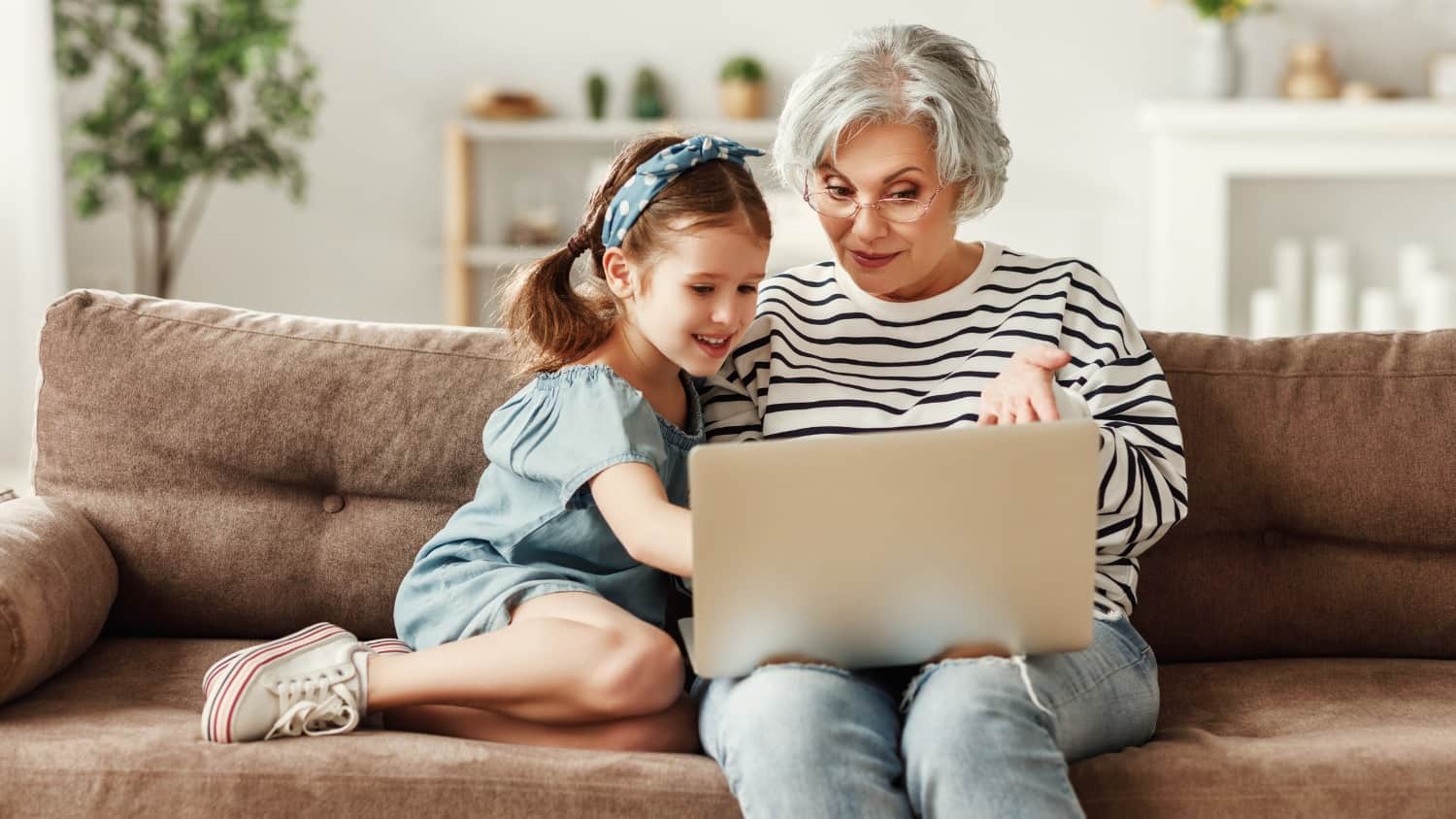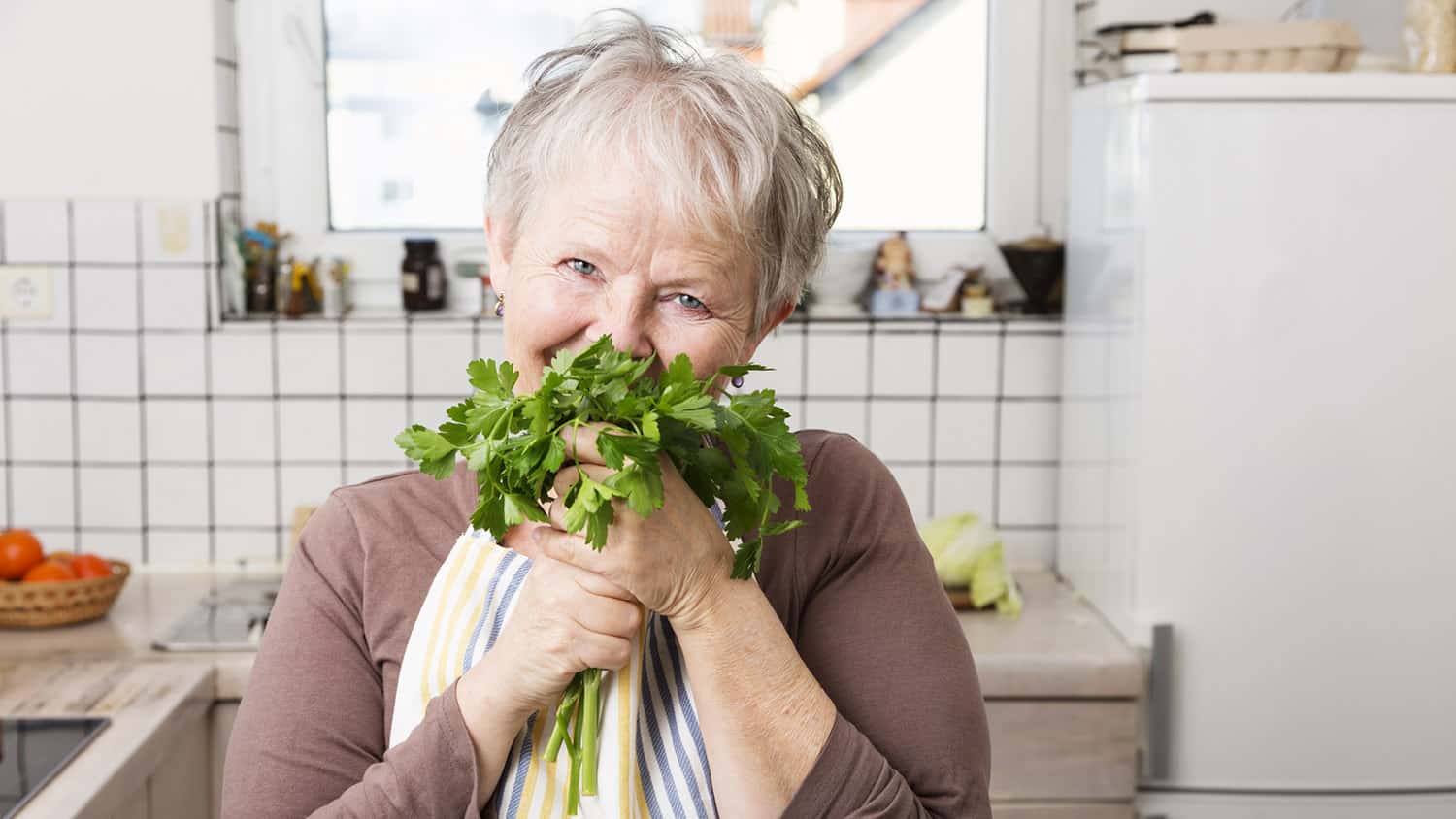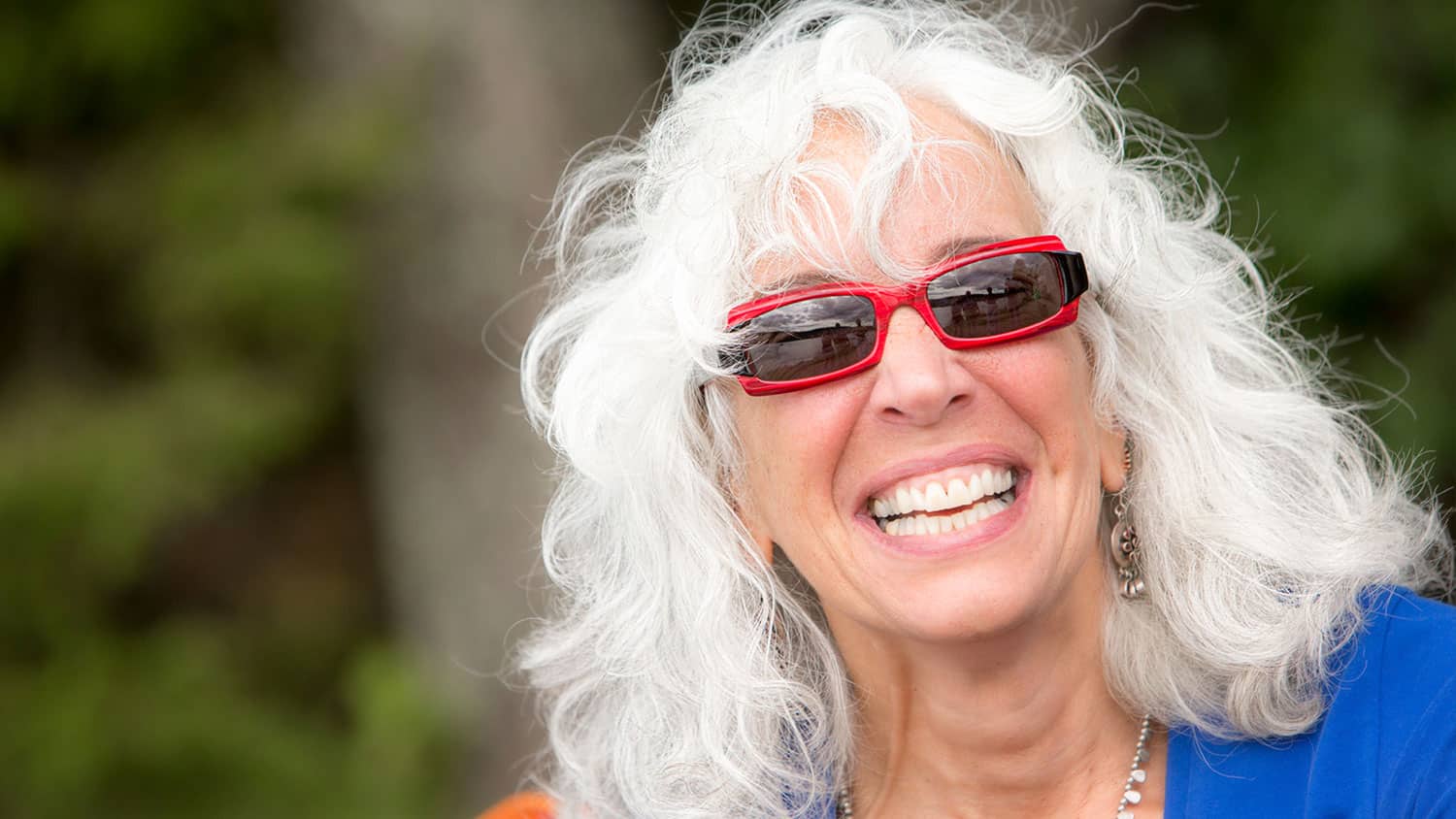
Have You Considered the Phenomenon of Reciprocity?
When you were younger but already adult, your parents most likely helped you in every way they could. Not everyone has such help, but a huge number of us do. And perhaps your grandparents did the same.
Maybe it was financial help. They gave you a down payment for a mortgage or helped with all those extras, like music lessons and school trips. Or college expenses for older children.
Or perhaps they offered a lot of useful advice about coping with different aspects of life. We all need that from time to time.
Or maybe they offered help looking after your children when you were at work, either on a regular basis or on occasion. Grandparents have always done a lot of such childcare.
They gave what they could – their financial resources their wisdom, their time.
Now you find yourself helping your children or grandchildren in much the same way.
What is going on?
Serial Reciprocity
Years ago, I carried out research on the nature of patient support groups, then often called ‘self-help’ groups. These are sometimes very small local groups of people with a common condition, such as breast cancer or being widowed young.
Or they might be branches of much larger national organisations, such as for people with disabled children or people suffering from arthritis.
I carried out a survey of members of some groups about how much people participated in their activities and why. I also visited a lot of groups and met their committee members. Most of all, I was interested in what people gained from them and what made the groups work.
It seemed to me that members of such support groups were essentially involved in a form of reciprocity, but not of the normal kind. When you ask a neighbour if you can borrow a cup of sugar, she may well have already borrowed some milk from you on an earlier occasion. This is direct reciprocation – you helped her and she now helps you.
But when you, as a long-standing member of a support group, give a new member advice about how to cope with a problem, it is unlikely that she has already helped you. She is new and bewildered and in need of help.
But another member of that group may well have helped you on an earlier occasion, when you were equally in need. You are grateful and want to give back to others in response.
What is going on here is what I called ‘serial reciprocity’. You give back to a new person because you have already been helped. Your motivation is to reciprocate or give back to others in thanks for the help you received.
Neither of you may think about it in this way, but it is often an underlying motivation.
It can go on and on, as members come and go. The eagerness to reciprocate goes on in a serial fashion. Help begets help.
Families
And this is exactly what goes on in families. The help you received from an earlier generation makes you want to give help back to the next generation.
Again, this may be financial help (‘the bank of mum and dad’) to help with all sorts of expenses of young couples. Or it may be advice, based on your experience. Or it may be your time, collecting grandchildren from school and the like.
And your children will do the same for their children and grandchildren.
Love
Of course, you can also say it is ‘love’ that makes you want to help your adult children and nothing to do with reciprocity. And that may be so.
But I think people are programmed to try to pay back for help received.
And who better to pay ‘back’ than members of your own family.
It is part of the circle of life.
Let’s Have a Conversation:
Do you feel that you are part of a chain of reciprocity? Or do you help your family simply because you love them? Might it be both? Have you shown serial reciprocity to people is specific groups? What is/was your motivation? Please add your thoughts to the conversation!







My parents helped me with my children when I got divorced they were aged 5 and 3 and I needed to work. I couldn’t have survived without them. I now have grandchildren of my own. My friends tell me I should be looking after me now as it’s my time. But I WANT to help out with my grandchildren like my parents did. They bring me so much joy and a purpose in life after retirement. The appreciation you get from helping people ( mostly) is well worth it.